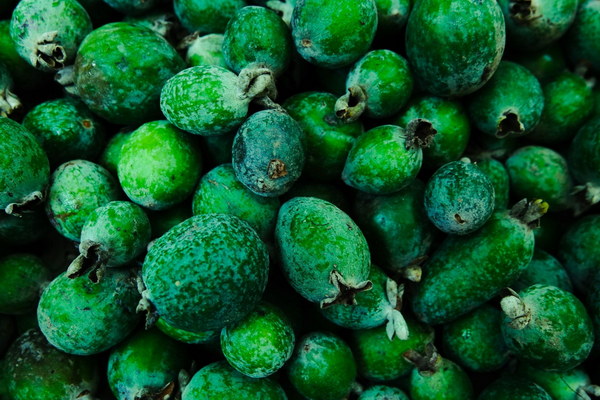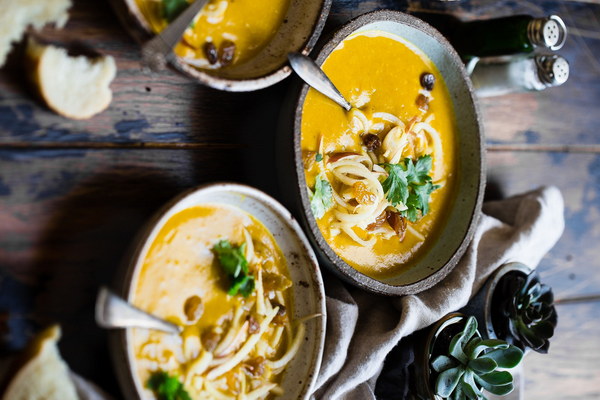Boost Your Blood and Qi The Surprising Health Benefits of Eating Eel
In the realm of traditional Chinese medicine, the consumption of eel has been revered for its ability to nourish the blood and Qi, or vital energy. This marine delicacy, known as unagi in Japan and anguila in Spanish-speaking countries, is not just a culinary delight but also a potential health booster. Let's delve into the science behind this belief and explore the various ways in which eating eel can contribute to your overall well-being.
The Traditional Wisdom:
In traditional Chinese medicine (TCM), eel is considered a blood-nourishing food, which means it is believed to replenish and enrich the body's blood supply. It is also thought to invigorate Qi, enhancing the flow of vital energy throughout the body. TCM practitioners often recommend eel as a dietary supplement for those suffering from anemia, fatigue, or weakness.
The Science:

Modern science has yet to fully substantiate all the claims made by TCM, but there are some nutritional components in eel that might contribute to its potential health benefits:
1. High in Omega-3 Fatty Acids: Eel is a rich source of omega-3 fatty acids, which are well-known for their anti-inflammatory properties. These healthy fats can help reduce inflammation in the body, which is beneficial for a variety of conditions, including heart disease and arthritis.
2. Vitamin B12: Eel is an excellent source of vitamin B12, which is crucial for red blood cell formation. A deficiency in B12 can lead to anemia, so including eel in your diet could help maintain healthy blood levels.
3. Protein: With a high protein content, eel can contribute to muscle repair and growth, making it a good choice for athletes or individuals looking to build muscle mass.
4. Minerals: Eel is also rich in minerals like selenium, zinc, and iron, all of which play a role in maintaining healthy blood and immune function.
How to Incorporate Eel into Your Diet:
If you're interested in reaping the potential health benefits of eel, here are some ways to incorporate it into your diet:
- Grilled Eel: The most popular way to enjoy eel is grilled, often served in a dish called unadon, kabayaki, or unagi donburi in different cultures. The method of grilling eel tends to concentrate its flavors and makes it a delightful appetizer or main course.
- Eel Soup: In some regions, eel is used to make a nourishing soup, believed to be especially beneficial during the colder months.
- Eel Pasta: In Italy, eel is a key ingredient in a pasta dish called pappardelle all'anguilla, which combines the meat with pasta and a rich, creamy sauce.
Potential Risks and Considerations:
While eel can be a nutritious addition to your diet, there are some considerations to keep in mind:
- Mercury Levels: Eel can be high in mercury, a toxic metal that can accumulate in the body over time. It's important to consume eel in moderation, especially if you are pregnant or have certain health conditions.
- Allergies: Some people may be allergic to eel or fish, so it's always a good idea to try a small amount before incorporating it into your regular diet.
In conclusion, while the traditional belief that eating eel can help nourish the blood and Qi is not fully understood by modern science, there are indeed some nutritional benefits to be gained from including eel in your diet. Whether you're looking to boost your immune system, support your cardiovascular health, or simply enjoy a delicious seafood dish, eel can be a unique and flavorful choice. Just remember to consume it in moderation and be mindful of any personal health considerations.









